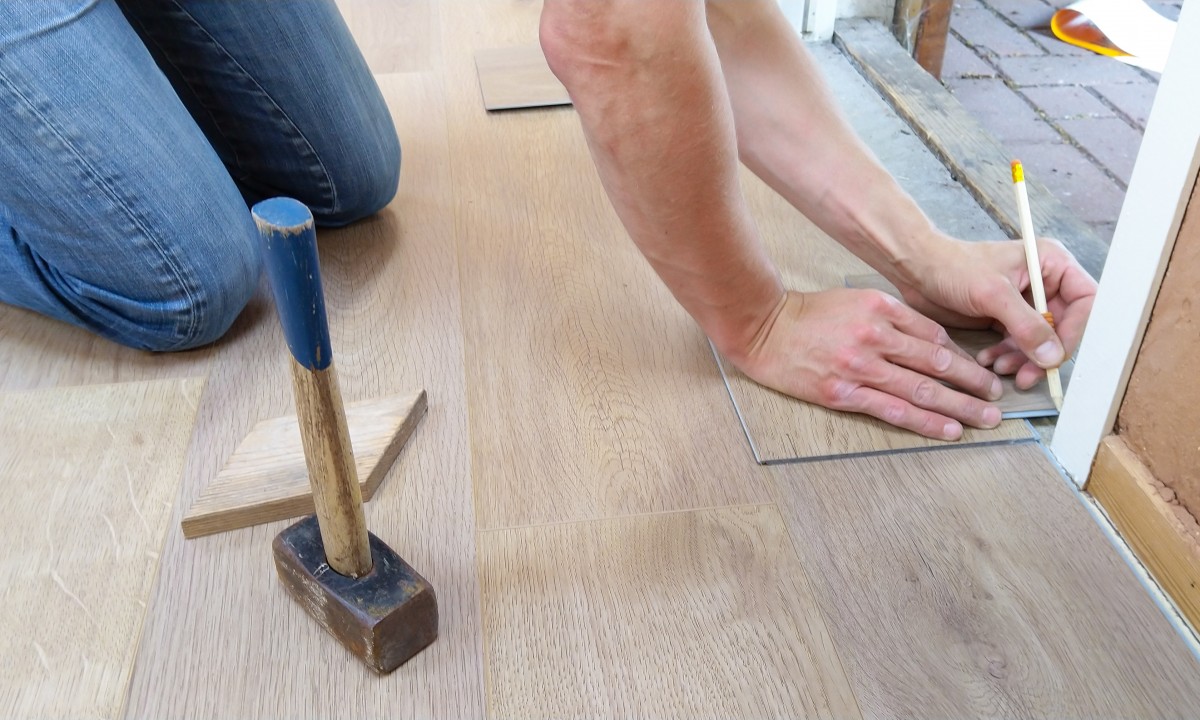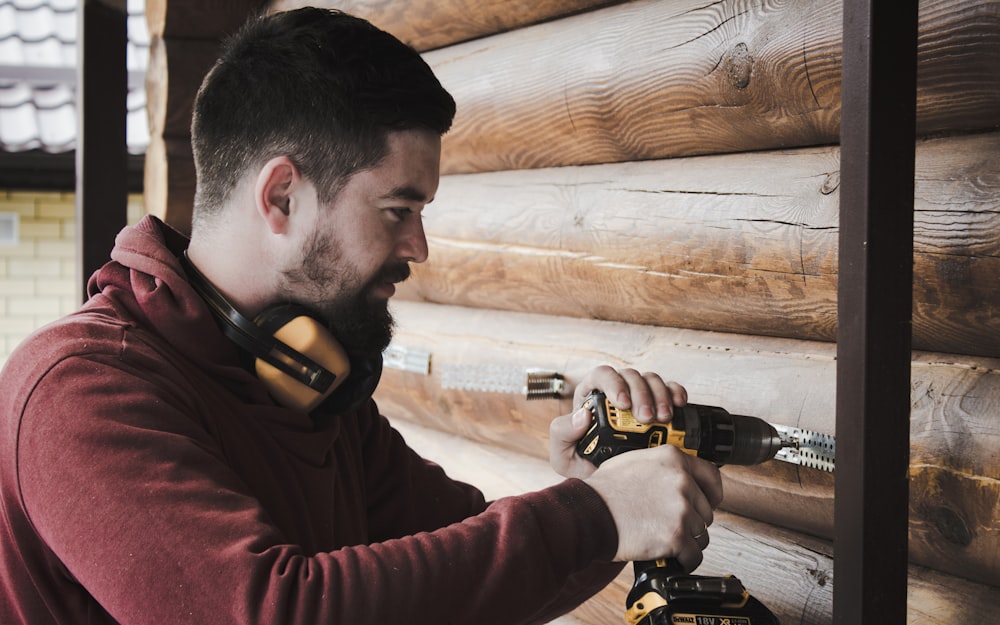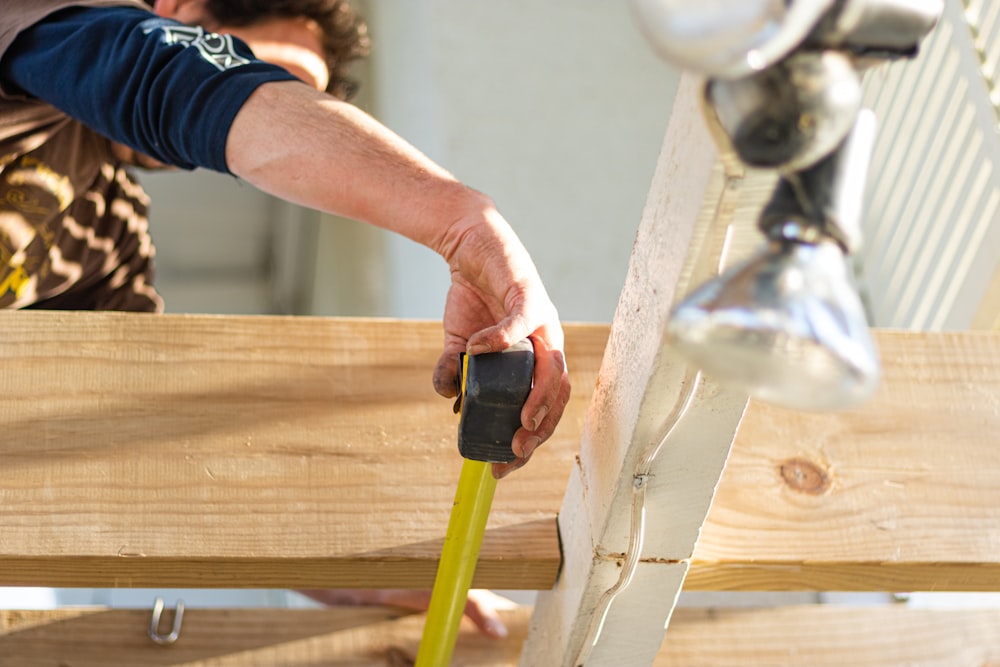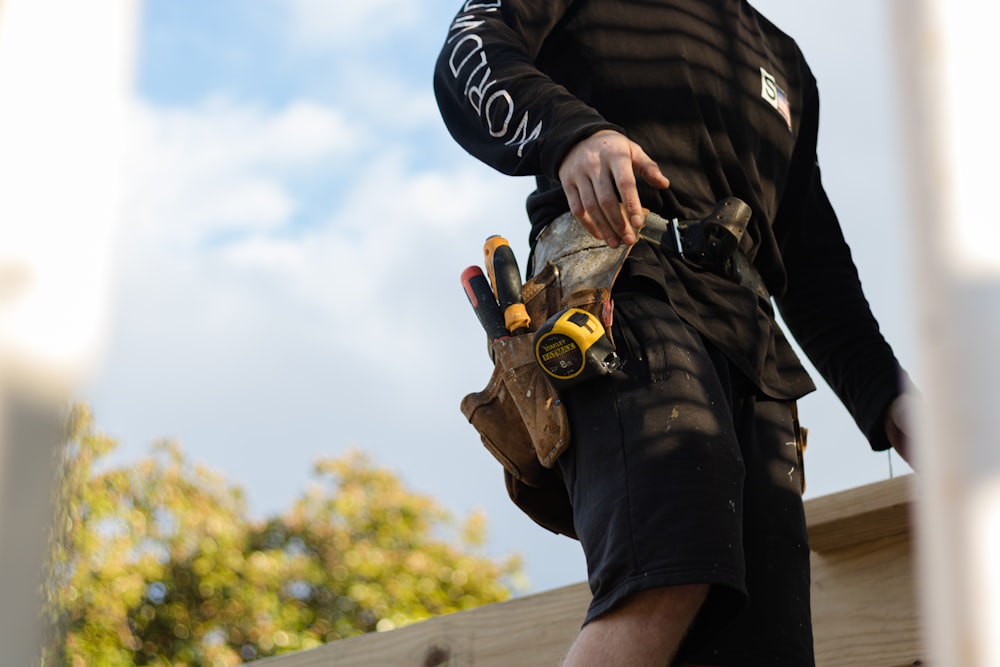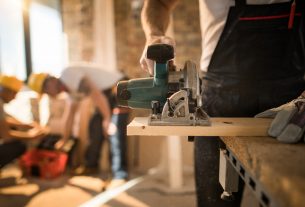Owning a home can be one of the most rewarding experiences in life. However, with homeownership comes the responsibility of maintaining and repairing your property. Home repairs can seem intimidating, but with the right knowledge and tools, you can tackle most projects on your own. In this blog, we will discuss the top 5 things you need to know about home repair.
1. Basic Tools
Every homeowner should have a basic set of tools. A hammer, screwdriver, pliers, tape measure, and level are essential tools for any repair project. For more complex projects, you may need additional tools such as a drill, saw, or power sander. It’s important to invest in quality tools that will last for years to come. Consider purchasing a tool kit with all the basic tools you’ll need, or buy them individually as needed. Having the right tools on hand will make any repair project much easier and more efficient.
2. Safety First
When performing any home repair project, safety should always be your top priority. Before starting any repair, make sure you have the necessary protective gear such as gloves, safety glasses, and a dust mask. Turn off power to the area you are working on to avoid electrical shock. Use a ladder or scaffolding when working at heights. Follow all manufacturer’s instructions for power tools and equipment. If you’re unsure about a repair, it’s best to call a professional. Don’t take unnecessary risks when it comes to home repair, as it can result in injury or damage to your property.
3. Know Your Limits
It’s important to know your skill level when it comes to home repairs. Some projects, such as changing a light fixture or fixing a leaky faucet, are relatively easy and can be done by most homeowners. However, more complex projects such as electrical or plumbing work should be left to professionals. Attempting a repair beyond your skill level can lead to further damage and potentially dangerous situations. Always consider your experience and ability before tackling a repair project, and don’t hesitate to seek professional help when needed.
4. Regular Maintenance
Preventative maintenance can save you time and money in the long run. Regularly inspect your home for signs of wear and tear such as peeling paint, cracks in the foundation, or leaks in the roof. Fixing small issues as they arise can prevent larger, more costly repairs down the road. Also, schedule regular inspections for HVAC systems, water heaters, and other major appliances to ensure they are functioning properly. A little maintenance can go a long way in keeping your home in good repair and avoiding costly repairs in the future.
5. DIY vs. Hiring a Professional
Deciding whether to tackle a repair project on your own or hire a professional can be a difficult decision. For simple projects, such as painting a room or replacing a light fixture, DIY may be the way to go. However, for more complex projects, such as electrical or plumbing work, it’s best to hire a licensed professional.
They have the knowledge, experience, and tools to complete the job safely and efficiently. Additionally, if you attempt a repair and make the problem worse, it may end up costing you more in the long run. Carefully weigh the pros and cons of DIY versus hiring a professional before making a decision.
Final thoughts
Home repairs can seem daunting, but with the right tools and knowledge, most projects can be completed by homeowners. By following basic safety precautions, knowing your limits, performing regular maintenance, and weighing the pros and cons of DIY versus hiring a professional, you can keep your home in good repair for years to come. Remember, if you’re unsure about a repair, it’s always best to call a professional. Sound off in the comments section below, and tell us what you want to read next and if you want to read more about home repair.
